The Idaho house where four students were slain was demolished. Here’s what happened to other properties associated with notable deaths.
Here you can find all the details of the 5 notorious killings at home.
University of Idaho Students Murder Hunting Home: 1122 King Street in Moscow, Idaho
The University of Idaho destroyed the off-campus residence where four students were tragically stabbed last year on Thursday, the latest example of a property being demolished in the aftermath of brutal, high-profile murders.
On November 13, 2022, Ethan Chapin, Kaylee Goncalves, Xana Kernodle, and Madison Mogen were slain inside an off-campus apartment in Moscow, Idaho, startling the university and the surrounding community.

The owner of the house donated it to the university, and the institution planned to demolish it in July, before the start of the new academic year.
However, those intentions were pushed back until this month, when the university stated that attorneys representing the suspect, Bryan Kohberger, had been granted access to the residence as part of their trial preparations. The school reportedly reported that prosecutors gained entry to the residence on December 21.
Kohberger faces four counts of first-degree murder, and not-guilty pleas have been made on his behalf. Prosecutors have requested that his trial commence in the summer of 2024.
Judge denies second attempt to dismiss case against suspect in Idaho student killings
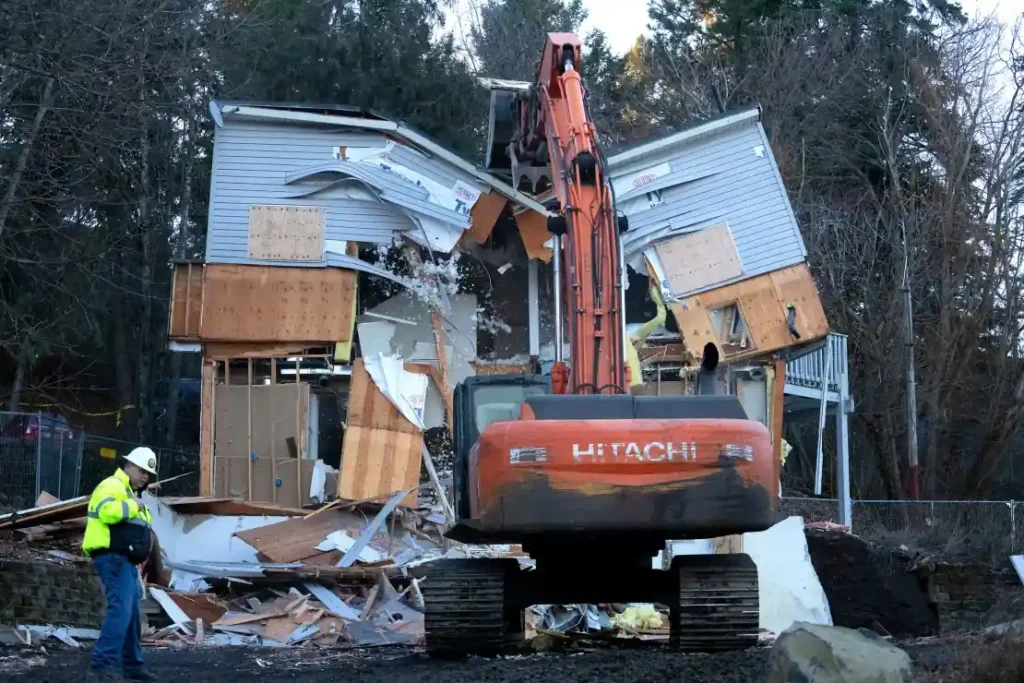
The demolition, which began on Thursday over winter break, was scheduled to last several days, according to a news release from the University of Idaho earlier this month. However, university spokesman Jodi Walker told CNN that it may be completed in as little as a day.
“It is a grim reminder of the heinous act that took place there,” University of Idaho President Scott Green stated in a news statement. “While we appreciate the emotional connection some family members of the victims may have to this house, it is time for its removal and to allow the collective healing of our community to continue.”
On the eve of the destruction, the families of Goncalves and Kernodle appealed with the university and local prosecutors to save the house. According to a joint statement, they suggested that it may give evidence in the murder trial, including how much the surviving roommates heard during the killings.
However, neither prosecutors nor defense counsel have objected to the destruction, according to the university, and a prosecutor informed school administrators in an email that the home is “so substantially different than at the time of the homicides” that a jury would be barred from seeing it.
“While we certainly understand that there are a lot of emotions around that house – for the families especially – we also listened to our community and talked with prosecutors and the defense, and believe that now is a really good time to go ahead and take that house down,” Walker, a spokesperson for the university, told CNN on Wednesday.
Though it is not on university premises, the home can be seen from campus and is in a student-populated neighborhood, Walker remarked, characterizing it as a “daily reminder of the horrific event that happened there.”
The university will not forget, she added, but “we can heal, and we can take that next step forward, and taking that house down is that next step.”
With the home gone, the focus can shift to the property’s future. The university plans to build a memorial garden on the site to remember the four students and landscape design and architecture students were supposed to develop proposals for the park this autumn.
The question of what to do with such properties has become distressingly rote in recent years, particularly in the United States, where communities are constantly confronted with the scenes of mass shootings, wondering how they can honor the victims and their families while allowing those left behind to heal and move on.
This is especially challenging in the aftermath of mass killings at schools, where children and instructors may have to return. Sandy Hook Elementary School in Newtown, Connecticut, was demolished and rebuilt after a shooting that murdered 26 people, including 20 6- and 7-year-old children, in December 2012.
However, for decades, communities have raised similar concerns about private residences, such as the one in Idaho where legendary criminals resided or their victims were slain. Often, these homes are demolished, such as the Sandy Hook shooter’s home, where he resided with his mother, his first victim on the day of the massacre.
Here’s what happened to other residences associated with the deaths that occurred there.
10050 Cielo Drive
In 1969, five people were murdered at 10050 Cielo Drive, including actress Sharon Tate, in one of the most notorious killings committed by Charles Manson’s cult.
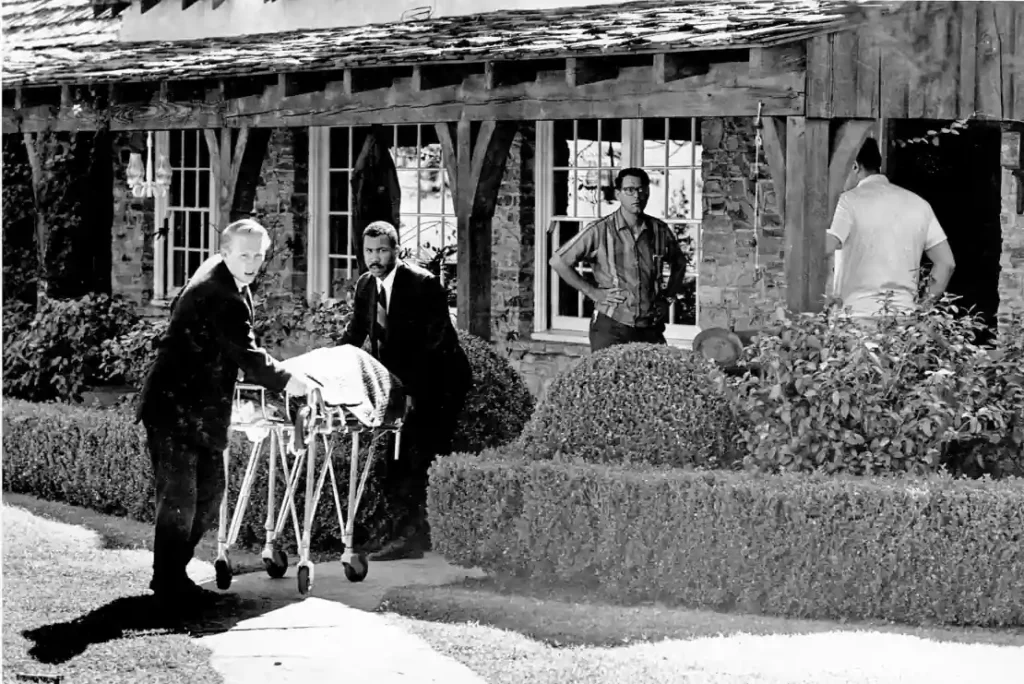
The Beverly Hills, California, home was demolished in 1994, and a new one, a large nine-bedroom, 18-bathroom estate, was constructed and finished in 1996. It has a new address.
The property was listed for $85 million in January 2022, but the price has been reduced many times during the subsequent 23 months. According to the real estate agent’s ad, the sellers are now seeking $49.5 million, which makes no mention of the property’s troubled past.
John Wayne Gacy’s residence
According to the Chicago Tribune, serial murderer John Wayne Gacy murdered at least 33 people, and detectives discovered the remains of more than two dozen of them beneath his residence outside Chicago after arresting him in December 1978.
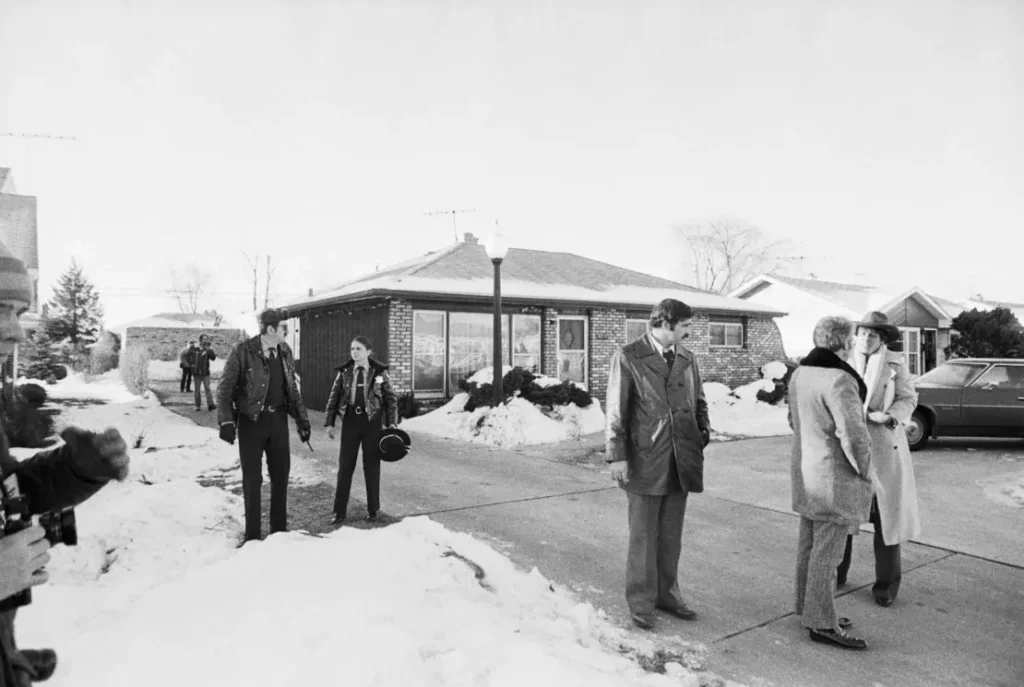
Gacy’s home was razed some months later, in April 1979, according to the Tribune. Neighbors were relieved, including one who told the newspaper, “I’ll be glad when every bit of it’s gone.”
According to the Tribune, the parcel remained unoccupied for nearly a decade before a new home was built there in June 1988. The new house, like the one on Cielo Drive, has a new address.
The residence of Fred and Rose West.
Between the 1960s and 1980s, Fred and Rose West abducted, sexually assaulted, and murdered several children and young women in England, including two of their daughters.
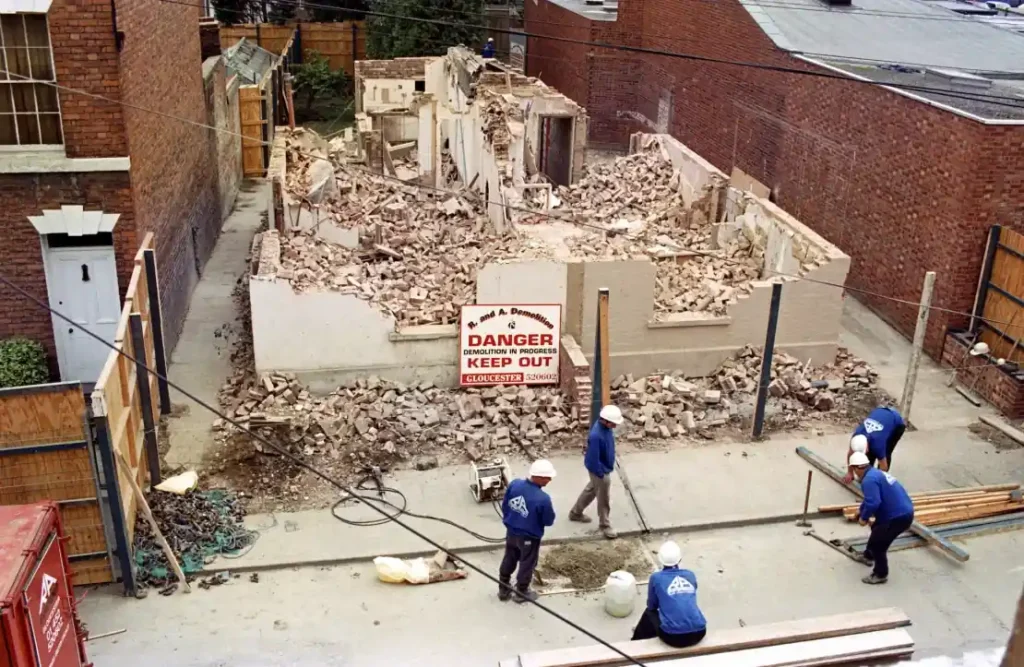
Fred, who was suspected of 12 killings, committed suicide before his trial, whereas Rose was convicted of 10 charges of murder in November 1995 and sentenced to life in prison.
When the investigation was opened in the 1990s, detectives discovered the remains of several of their victims inside their home on 25 Cromwell Street in Gloucester, including the garden, basement, and bathroom.
The property, termed a “house of horrors,” was demolished in 1996. A public walkway then replaced it.
Alex Murdaugh’s Hunting Estate
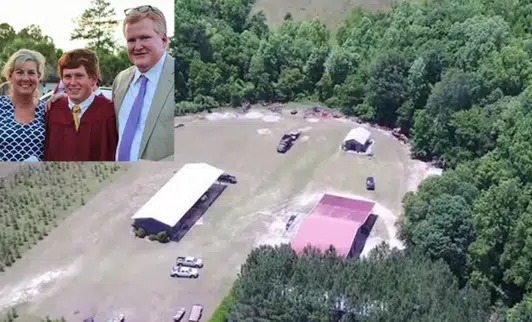
Moselle, a 1,700-acre property near Islandton, South Carolina, was the family’s hunting estate before Alex Murdaugh murdered his wife, Maggie, and grown son Paul. The crimes occurred in a home, a lodge, and dog kennels.
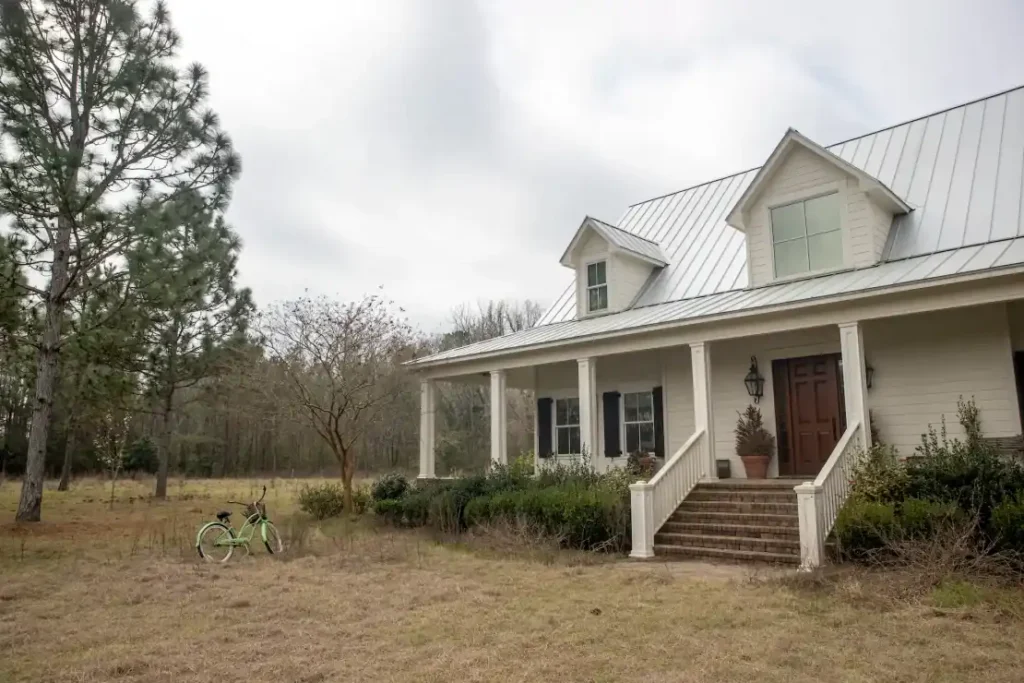
During the now-disgraced attorney’s trial earlier this year, jurors went to the estate to better grasp the murder scene as well as the prosecution and defense arguments.
Unlike the other crime scenes, Moselle is still standing.
